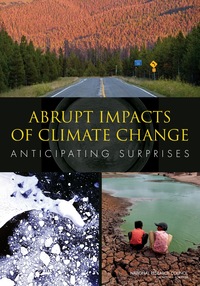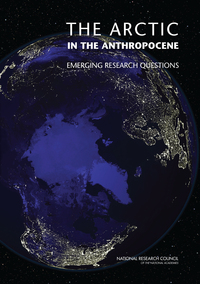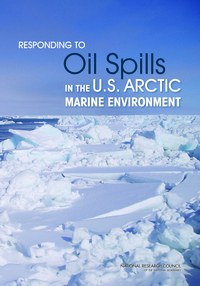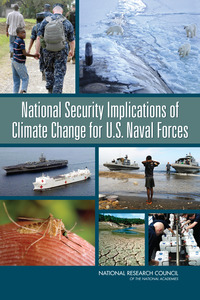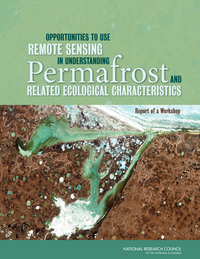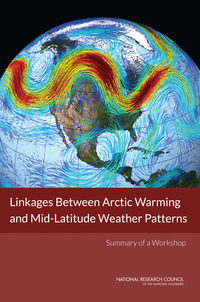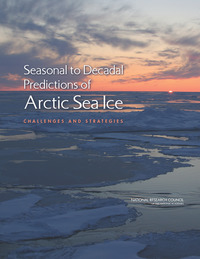The Arctic is one of the last unknown places on this planet. Last week it made news, as Denmark made a claim to the region, which is also of interest to Canada, Russia, the United States, and Norway. According to a 2008 U.S. Geological Survey, the Arctic Circle might hide between 13 and 30 percent of the world’s undiscovered oil and gas resources under a thick layer of ice. Climate change and the melting of glaciers are expected to make those resources accessible to drilling and mining faster than expected. Melting ice could also open new transport routes and benefit those who control them.
The climate, biology, and society in the Arctic are changing in rapid, complex, and interactive ways. Understanding the Arctic system has never been more critical; thus, Arctic research has never been more important.
The video below highlights findings of The Arctic in the Anthropocene, a report that identifies emerging research questions to help us understand how environmental and societal transitions will affect the Arctic and the rest of the world.
You can also watch videos for two of our other reports, Responding to Oil Spills in the U.S. Arctic Marine Environment and Abrupt Impacts of Climate Change.
National Research Council reports explore impacts of abrupt climate change in this region, opportunities for research, and how to prepare for possible environmental damage from increased oil and gas operations. All are free to download.
Paperback
ISBN 978-0-309-28773-9
Climate is changing, forced out of the range of the past million years by levels of carbon dioxide and other greenhouse gases not seen in the Earth’s atmosphere for a very, very long time. Lacking action by the world’s nations, it is clear that …
Paperback
ISBN 978-0-309-30183-1
Once ice-bound, difficult to access, and largely ignored by the rest of the world, the Arctic is now front and center in the midst of many important questions facing the world today. Our daily weather, what we eat, and coastal flooding are all …
Paperback
ISBN 978-0-309-29886-5
U.S. Arctic waters north of the Bering Strait and west of the Canadian border encompass a vast area that is usually ice covered for much of the year, but is increasingly experiencing longer periods and larger areas of open water due to climate …
Paperback
ISBN 978-0-309-15425-3
In response to the Chief of Naval Operations (CNO), the National Research Council appointed a committee operating under the auspices of the Naval Studies Board to study the national security implications of climate change for U.S. naval forces. …
Paperback
ISBN 978-0-309-30121-3
Permafrost is a thermal condition — its formation, persistence and disappearance are highly dependent on climate. General circulation models predict that, for a doubling of atmospheric concentrations of carbon dioxide, mean annual air …
Paperback
ISBN 978-0-309-30188-6
The Arctic has been undergoing significant changes in recent years. Average temperatures are rising twice as fast as they are elsewhere in the world. The extent and thickness of sea ice is rapidly declining. Such changes may have an impact on …
Paperback
ISBN 978-0-309-26526-3
Recent well documented reductions in the thickness and extent of Arctic sea ice cover, which can be linked to the warming climate, are affecting the global climate system and are also affecting the global economic system as marine access to the …
